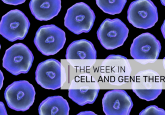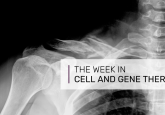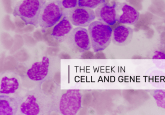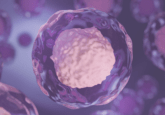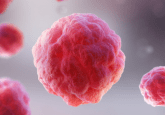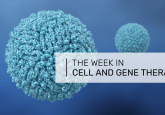Top 3 grants in regenerative medicine: February 2024
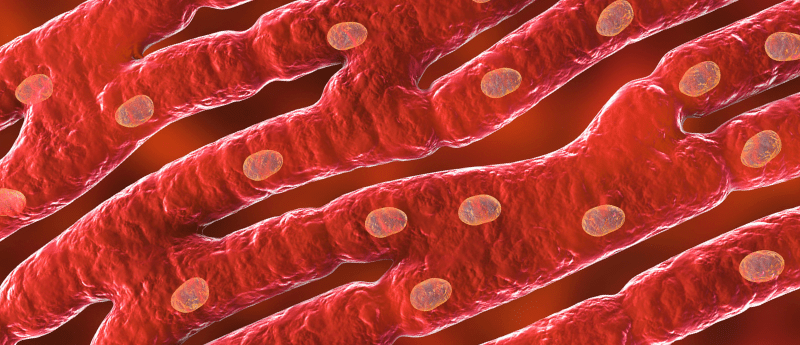
This month’s top grants in regenerative medicine, sourced from Dimensions, include projects on reverse engineering functional skin grafts, advancing bone tissue engineering with magnesium alloys and harnessing adhesive hydrogels for precise drug and cell delivery.
Check out this month’s top grants in regenerative medicine:
Reverse engineering functional skin grafts
Basal cell carcinoma is the most prevalent skin cancer, making up 80% of cases globally. Despite low mortality rates, the severity of basal cell carcinoma varies, with more invasive or recurring types requiring radical surgeries. Patients who are immunosuppressed or have multiple comorbidities face challenges in healing surgical wounds and often require tissue replacement following these radical surgeries. Conventional skin implants fail to fully regenerate injured skin due to integration issues and scar formation. Tissue engineering offers promise for solving these issues by developing biocompatible scaffolds. However, options for post-excision tissue repair remain limited, particularly for high-risk patients like the elderly and immunocompromised.
This project aims to address this by developing ready-to-use skin implants using a reverse engineering approach, mimicking the molecular structure of skin to promote both surgical wound healing and reduce the risk of tumor recurrence, particularly in vulnerable populations such as the elderly and immunocompromised.
Funding amount: Undisclosed
Funding period: 1 February 2024 – 31 October 2024
Funder: São Paulo Research Foundation (Brazil)
Research organization: Inova Tecnologia (São Paulo, Brazil)
Advancing bone tissue engineering with magnesium alloys
In Europe, an increasingly pressing health concern, particularly with the aging population, is bone fracture due to trauma, tumor resection, infection or degenerative diseases. The standard approach to resolve these fractures involves fixation devices and porous scaffolds made of bio-inert materials like titanium, cobalt-chromium and steel. However, the significant mismatch in elasticity between these materials and bone tissue can lead to osteoporosis and secondary fractures, necessitating additional surgeries for implant removal. To address these issues, there is growing interest in biodegradable metals like magnesium. However, magnesium corrodes rapidly in body fluids, hindering cell proliferation.
The proposed project aims to develop magnesium alloys that are suitable for selective laser melting, which would enable precise control over scaffold porosity. The magnesium alloys will have surface coatings that will be engineered to regulate corrosion rates and cell growth, facilitating gradual tissue replacement of the scaffold.
Funding amount: US$178.625
Funding period: 1 February 2024 – 31 January 2026
Funder: European Commission (Brussels, Belgium)
Research organization:IMDEA Materials (Getafe, Spain) and Warsaw University of Technology (Poland)
Harnessing adhesive hydrogels for precise drug and cell delivery
Many regenerative technologies have faltered in clinical translation due to ineffective therapeutic delivery methods, which fail to effectively target the tissues intended for repair. Biomaterials have been developed to address this challenge by precisely controlling drug and cell delivery. However, existing biomaterials lack tissue adherence, relying on sutures that cause further damage and inflammation. Moreover, tissues like the heart demand robust materials that can adapt to dynamic environments.
The goal of this research is to enhance regenerative therapy outcomes by utilizing adhesive hydrogels as drug and cell therapy delivery vehicles. Hydrogels are particularly favored for encapsulating cells and drugs due to their ability to mimic natural tissues, thus enhancing biocompatibility. The hydrogels being developed are highly stretchable, enabling their use in physically demanding environments, such as the heart. Additionally, they exhibit tissue adhesive properties, facilitating efficient delivery of encapsulated drugs by closely interfacing with tissue surfaces.
Funding amount: US$730,313
Funding period: 1 February 2024 – 31 January 2027
Funder: UK Research and Innovation (Swindon, UK)
Research organization:Imperial College London (UK)
